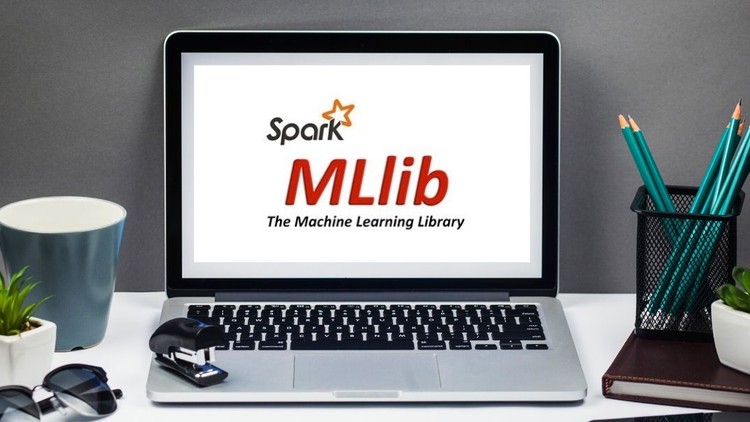Data Science:Hands-on Diabetes Prediction with Pyspark MLlib
Diabetes Prediction using Machine Learning in Apache Spark
4.37 (214 reviews)

12,148
students
1 hour
content
Sep 2020
last update
$19.99
regular price
What you will learn
Diabetes Prediction using Spark Machine Learning (Spark MLlib)
Learn Pyspark fundamentals
Working with dataframes in Pyspark
Analyzing and cleaning data
Process data using a Machine Learning model using Spark MLlib
Build and train logistic regression model
Performance evaluation and saving model
Related Topics
3304348
udemy ID
7/6/2020
course created date
7/17/2020
course indexed date
Bot
course submited by